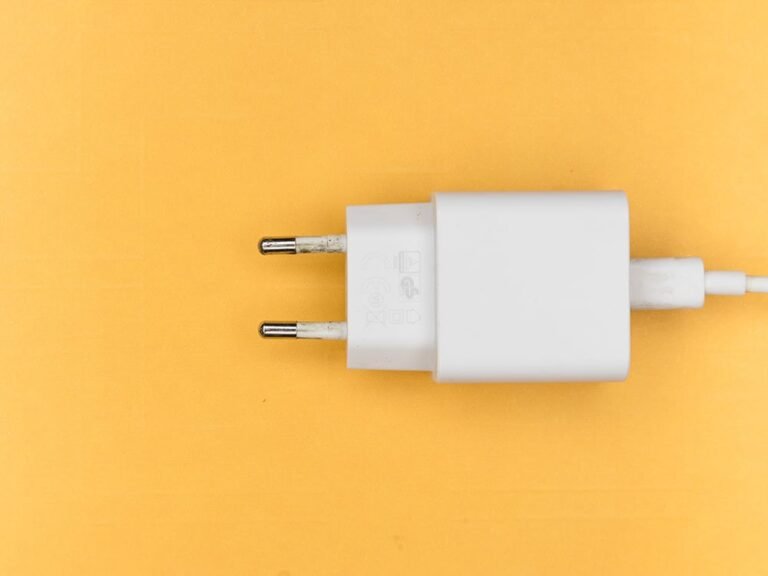s’en aller, s’en faire, s’en vouloir
These three French expressions are frequently used. They combine a reflexive pronoun (“se”) with the adverbial pronoun “en,” which can mean a variety of things, including “of it,” “of them,” “some of them,” “any of them,” “any of it,” “some of it,” “from it,” “from them,” etc.
s’en aller
Meaning: to leave, to go away
- “se” is the reflexive pronoun that changes to the appropriate person (me, te, se, nous, vous or se).
- “en” means “from here.”
- “aller” is “to go”
Examples:
- je m’en vais – I’m leaving
- tu t’en vas ? – you’re leaving?
- va t’en ! – go away! (informal)
- allez-vous en ! – go away! (formal or plural)
s’en faire
Meaning: to worry
- “se” is the reflexive pronoun that changes to the appropriate person (me, te, se, nous, vous or se).
- “en” means “of it.”
- “faire” is “to make” or “to do”
Examples:
- Ne t’en fais pas – Don’t worry
- Ne t’en fais pas pour ton ami – Don’t worry about your friend
- Ma mère s’en fait pour moi. My mother worries about me
s’en vouloir
Meaning: to be annoyed with, to be mad at, to be annoyed with yourself, to hold a grudge
- “se” is the reflexive pronoun that changes to the appropriate person (me, te, se, nous, vous or se).
- “en” means “of it.”
- “vouloir” is “to want”
- This expression is followed by the preposition “à” if you’re annoyed with a specific person.
Examples:
- Alice s’en veut de son frère – Alice is annoyed with her brother
- Tu m’en veux ? – You’re angry with me?
- Julie s’en veut d’avoir oublié l’anniversaire de son père – Julie is annoyed with herself for having forgotten her father’s birthday






